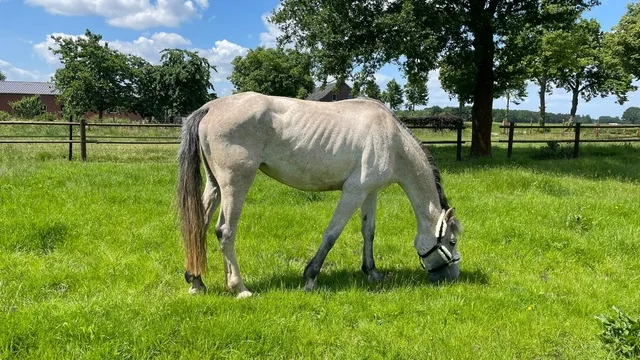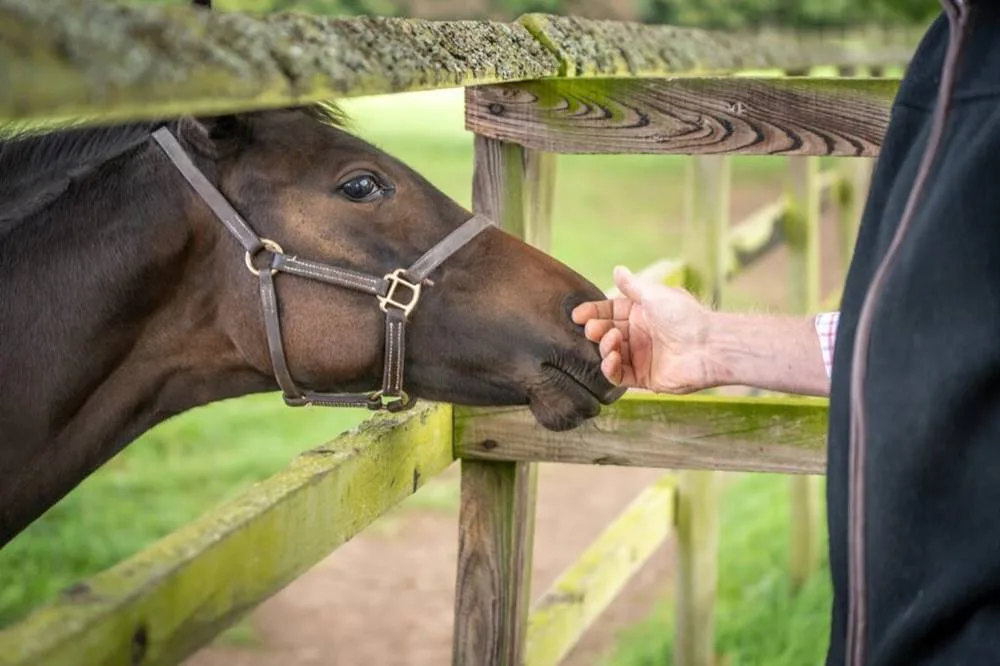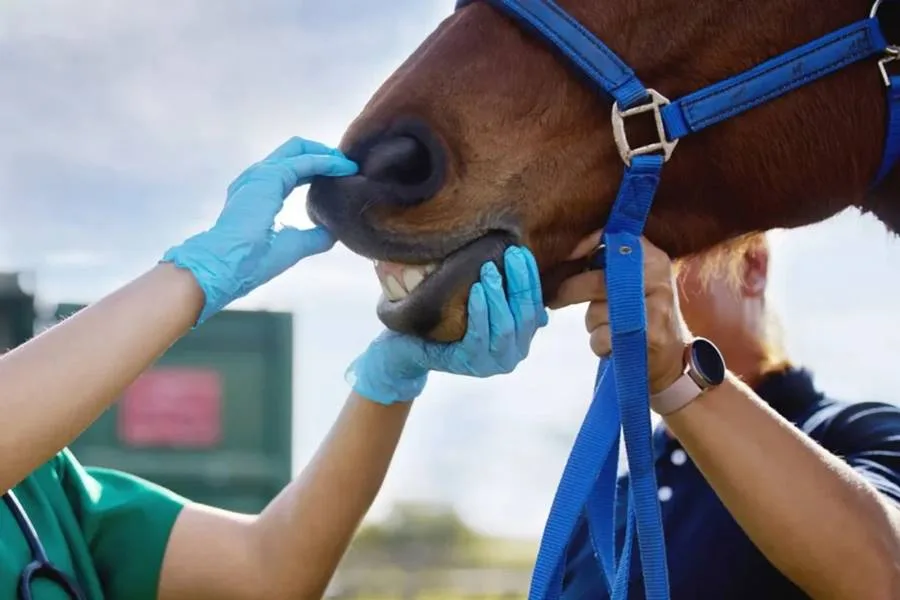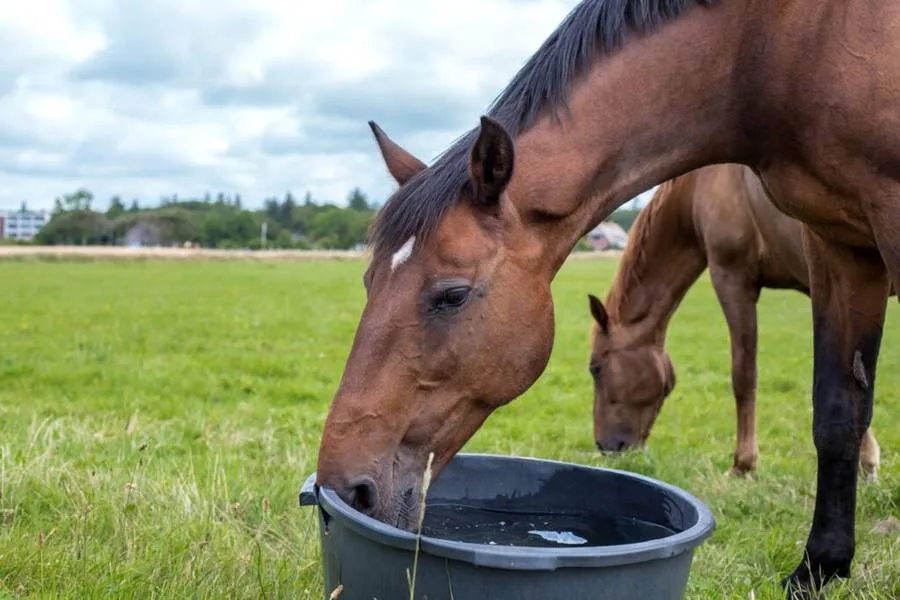How to Care for a Thin Horse: A Guide for Owners
Caring for a thin or lean horse can require extra attention and effort to ensure they regain their health and strength. Thin horses may struggle with various issues such as poor nutrition, illness, or stress. However, with the right care plan, your horse can return to a healthy weight and thrive. Here’s a simple guide on how to care for a thin horse.
1. Assess the Cause of Thinness
Before addressing the thinness, it’s essential to understand why your horse is underweight. There are several reasons why a horse may be thin:
- Inadequate Diet: If your horse isn’t getting enough food or the right type of food, it may lose weight.
- Health Problems: Illnesses such as parasites, dental issues, or metabolic disorders can cause weight loss.
- Age: Older horses may have a harder time maintaining weight due to reduced digestive efficiency.
- Stress or Anxiety: Horses that are stressed or anxious may eat less and lose weight.
If you suspect any underlying health issues, consult a veterinarian. A vet can help determine the root cause and offer advice on how to treat or manage it.
2. Improve Nutrition
One of the most important factors in helping a thin horse gain weight is improving their diet. Here’s how to get started:
- High-Quality Hay: Ensure your horse has access to high-quality hay, like alfalfa or a good grass hay, depending on their needs. Hay provides the necessary fiber and nutrients for weight gain.
- Grain and Concentrates: Adding grains or specially formulated concentrates can help increase your horse’s calorie intake. Look for feeds designed for weight gain or performance horses.
- Supplements: Some horses may benefit from weight gain supplements that provide extra calories, vitamins, and minerals. Talk to your vet before introducing any supplements.
- Frequent Meals: Thin horses may benefit from eating smaller, more frequent meals rather than one large feeding. This can help them digest food more efficiently and absorb nutrients better.
3. Provide Fresh Water
Always make sure your horse has access to fresh, clean water. Dehydration can lead to poor digestion and weight loss. Horses need plenty of water for digestion, so it’s essential to check water sources regularly.
4. Monitor Body Condition
Regularly monitor your horse’s body condition. Use a body condition score (BCS) system to assess whether your horse is gaining weight or still too thin. The BCS system ranges from 1 (emaciated) to 9 (obese), and a healthy weight usually falls between 4 and 6. Make adjustments to your horse’s diet based on their progress.
5. Consider Dental Health
A common cause of weight loss in horses is dental issues. Horses with bad teeth or uneven wear may find it painful to chew properly, which can affect their ability to eat enough food. Have your horse’s teeth checked by a vet or equine dentist regularly, especially if they are older or have shown signs of difficulty eating.
6. Exercise and Muscle Building
While exercise is important for all horses, it’s crucial for thin horses to build muscle. Focus on low-intensity work, such as walking and light trotting. Avoid overworking your horse, as it may burn more calories than they can afford. Muscle-building exercises can help improve your horse’s overall condition and help them gain weight more efficiently.
7. Manage Stress and Environmental Factors
Stress can significantly impact your horse’s appetite and weight. Ensure your horse’s environment is calm and free of stressors such as loud noises, aggressive companions, or extreme temperatures. Providing a comfortable stall with ample room to move around, along with access to a social companion if needed, can help alleviate stress and encourage better eating habits.
8. Regular Vet Check-Ups
Regular veterinary visits are essential for monitoring your horse’s overall health. The vet will check for parasites, infections, or other conditions that might be contributing to weight loss. If your horse is not gaining weight as expected, your vet may recommend further testing or adjustments to their diet or treatment plan.
9. Parasite Control
Parasites such as worms are a common cause of weight loss in horses. Make sure your horse is on a regular deworming schedule as recommended by your vet. Parasite infestations can cause malnutrition, as they compete with your horse for nutrients. Regular fecal tests can also help monitor parasite levels and guide deworming treatments.
10. Patience and Monitoring Progress
Gaining weight and returning to a healthy body condition may take time, especially for older or severely underweight horses. It’s important to be patient and consistent with your care plan. Track your horse’s progress, and make adjustments as needed. Gradual weight gain is healthier than rapid weight increase, so avoid rushing the process.
Conclusion
Caring for a thin horse requires attention to their diet, health, and environment. By ensuring proper nutrition, managing stress, monitoring health, and providing regular veterinary care, your horse can regain its weight and strength. Remember, consistency and patience are key to helping your horse return to optimal health. If in doubt, always consult your veterinarian for guidance.




